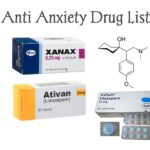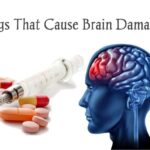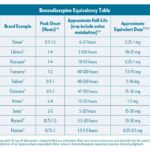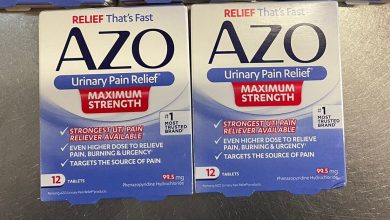List of Drugs That Are Likely to Cause Ectopic Pregnancy
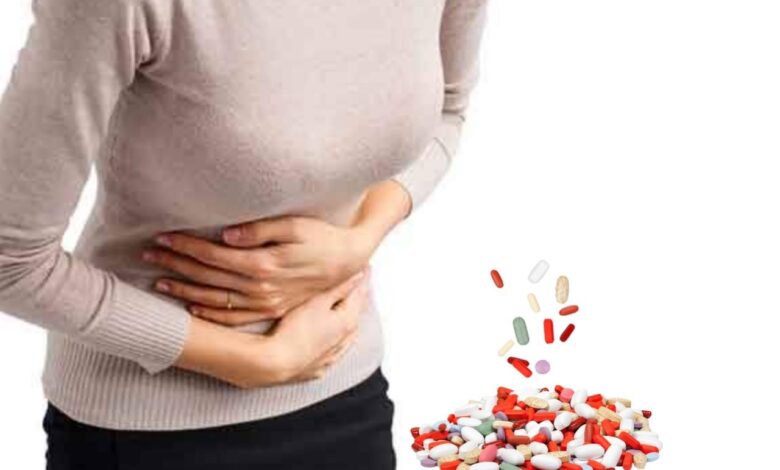
According to the American Academy of Family Physicians (AAFP), ectopic pregnancies occur in about 1 out of every 50 pregnancies (20 out of 1,000).
An ectopic pregnancy occurs when a fertilized ovum implants on any tissue other than the endometrial lining of the uterus. An ectopic pregnancy most often occurs in a fallopian tube, which carries eggs from the ovaries to the uterus. This type of ectopic pregnancy is called a tubal pregnancy. Sometimes, an ectopic pregnancy occurs in other areas of the body, such as the ovary, abdominal cavity, or the lower part of the uterus (cervix), which connects to the vagina.
An ectopic pregnancy can’t proceed normally. The fertilized egg can’t survive, and the growing tissue may cause life-threatening bleeding if left untreated.
The cause of an ectopic pregnancy isn’t always clear. In some cases, the following conditions have been linked with an ectopic pregnancy:
You’re more likely to have an ectopic pregnancy if you:
• Have pelvic inflammatory disease (PID)
• Smoke cigarettes
• Are older than 35
• Have a sexually transmitted infection
• Have scarring from pelvic surgery
• Had a previous ectopic pregnancy
• Tried to have a tubal ligation (tubes tied) or tubal ligation reversal
• Use fertility drugs
• Had fertility treatments such as in-vitro fertilization (IVF)
It could also happen if you become pregnant while you have an intrauterine device (IUD) for birth control.
In this article, we will be looking at drugs and or medications that have been linked to ectopic pregnancy.
List of drugs that cause ectopic pregnancy
Studies have shown that taking the following drugs can increase your risk of having an ectopic pregnancy they include:
Benzodiazepines: Benzodiazepines, sometimes called “benzos”, are a class of psychoactive drugs. Taking benzodiazepines within 90 days before conception raises the risk of ectopic pregnancy by 47%, examples of benzodiazepines include:
- Alprazolam (Xanax), chlordiazepoxide (Librium), chlorazepate (Tranxene), diazepam (Valium), lorazepam (Ativan), and midazolam are used for anxiety disorders.
- Clonazepam (Klonopin), clorazepate (Tranxene), lorazepam (Ativan), clobazam (Onfi), and diazepam (Valium) are used for seizure disorders.
- Estazolam (Prosom), flurazepam (Dalmane), quazepam (Doral), temazepam (Restoril), and triazolam (Halcion) are used for insomnia or trouble sleeping.
- Midazolam (Versed), lorazepam (Ativan), and diazepam (Valium) are used in anesthesia.
- Diazepam (Valium) also is used for muscle relaxation.
- Chlordiazepoxide (Librium) is used for alcohol withdrawal.
Illicit drugs: Illicit drug use is a major public health issue not only in the United States but globally because it has been estimated that 230 million people worldwide (approximately 5% of the world population) had abused an illicit drug at least once in their life. According to a report released by The Centers for Disease Control and Prevention (CDC), the alarming increase in ectopic pregnancy-related deaths among women is likely caused by illicit drug use by women and delays in seeking medical care.
Ectopic Pregnancy Signs and Symptoms
According to WebMD, most ectopic pregnancies happen within the first few weeks of pregnancy. You might not even know that you’re pregnant and may not notice any problems.
Early signs of an ectopic pregnancy include:
• Light vaginal bleeding and pelvic pain
• Upset stomach and vomiting
• Sharp abdominal cramps
• Pain on one side of your body
• Dizziness or weakness
• Pain in your shoulder, neck, or rectum
An ectopic pregnancy can cause your fallopian tube to burst or rupture. Emergency symptoms include major pain, with or without severe bleeding. Call your doctor right away if you have heavy vaginal bleeding with lightheadedness, fainting, or shoulder pain, or if you have severe belly pain, especially on one side.


